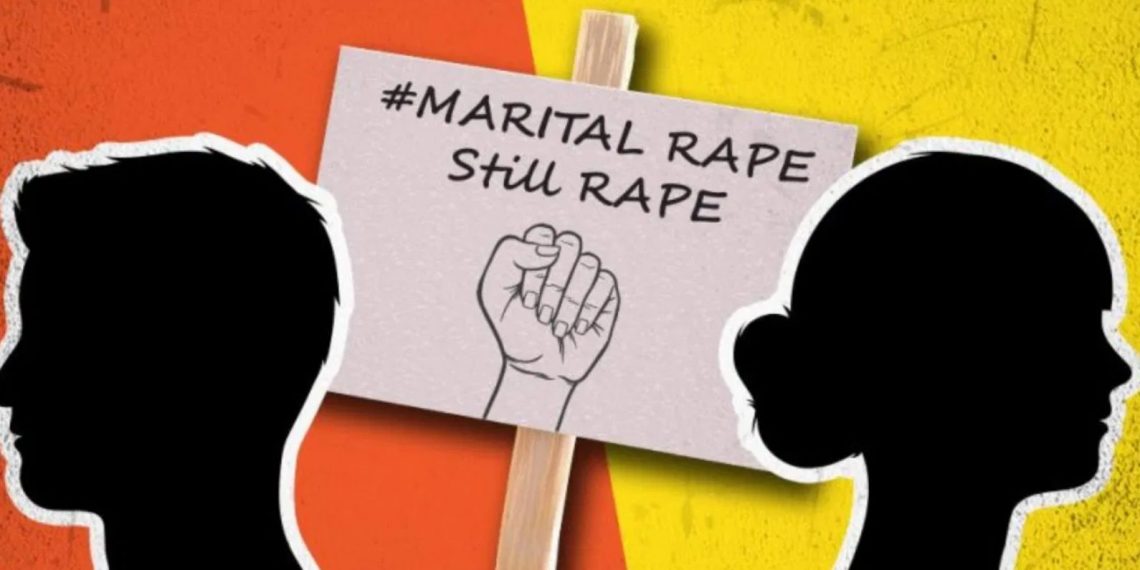Introduction
The need for political representation for transgender persons (“TG/s”) gains renewed urgency in light of the global shift toward inclusive democracies. Despite constitutional guarantees of equality and dignity affirmed in NALSA v. UOI (“NALSA”), TGs in India remain virtually absent from political representation.
Procedural hurdles continue to block TG voter registration. Tamil Nadu enrolled only 8,467 of 22,364; Telangana just 2,557 of 58,000. Globally, countries like the US, UK, Germany, Thailand, and the Philippines have transgender representatives in the national legislatures, but India has no MP and only one MLA in 74 years of democratic elections. Such systemic exclusion not only undermines TGs’ economic and social stability but also perpetuates public stigma and misconceptions about their capacities and rights.
While welfare schemes in education, employment, or subsidies provide limited relief, they cannot substitute for political visibility. An NHRC Report has noted that 94% of TGs face job denial, literacy stands at only 46% against the national average of 76%, and HIV prevalence is disproportionately high at 8.2% versus 0.31% generally. These indicators show that social and economic schemes, though necessary, are insufficient without institutionalised political representation capable of directly addressing stigma and systemic exclusion.
This blog highlights the undercounting of the TG community by the current Census, highlights the need for reservation for TGs and its constitutional tenability, and recommends the form in which such reservation should be structured and implemented.
The Undercounting of the TGs by Government Records
The statistical invisibility of TGs poses a structural hurdle to affirmative action, as population proportion remains a criterion for assessing backwardness and under-representation, which are both prerequisites for granting reservations. Without data, the state lacks an empirical basis to justify targeted inclusion. Census 2011 was the first to recognize TGs in the “Other” category (Code 3), recording 4.87 lakh TGs. The data collection in the Census, however, was deeply flawed as it lacked self-identification, reinforced binary misclassification, and undercounted the community significantly. Following the progression observed in the SKS 2014 survey, Telangana alone would have 10 lakh TGs by 2025, on a conservative estimate; the government itself admits the Census data as “unusable,” exposing the disparity and intensifying calls for reliable metrics to inform inclusive policymaking.
The Case for Political Reservations for TG
Political visibility creates a virtuous cycle wherein the presence of TG leaders encourages broader social acceptance, which in turn strengthens participation and representation. Parliamentary reservation, thus, holds the potential not only to guarantee seats but also to dismantle longstanding stigmas and stereotypes embedded in electoral institutions. Local governance, being the foundational level of democracy, provides a uniquely suitable platform for initiating social change and promoting inclusive policy development.
Aside from its nominal value of recognizing a community, bringing diversity to the elected bodies also changes the way these bodies frame laws and run the administration. Political reservation for women (106th Amendment; Articles 243D & 243T) and SCs/STs (Articles 330 & 332) have driven policy attention and resources towards gender- and caste-specific needs. Empirical studies reveal increased crime reporting, reduced domestic violence, and policy shifts due to women’s political representation, demonstrating the transformative potential of such political inclusion for TGs as well.
Affirmative representation, including horizontal reservations as upheld in Rakshika Raj and Vasanta Mogli, is therefore, crucial to dismantling systemic discrimination and securing active, meaningful participation of transgender persons in governance and policymaking.
Constitutional Tenability of TG reservation
The State has powers under the Constitution to enact special measures for SEBCs as an extension through Articles 15(4) and 16(4). While traditionally, reservations through these Articles have been limited to education and employment opportunities, the said provisions form a strong foundation for political reservation to the TG community, after its recognition as SEBC by the Supreme Court in NALSA. Denial of positive discrimination contravenes substantive equality under Articles 14, 15, and 16, as affirmed in Indra Sawhney, and this principle forms a persuasive basis for extending similar protections to TGs’ parliamentary representation.
Notably, Articles 243D(6) and 243T(6) empower states to provide political reservation in local governance bodies for ‘Backward Classes’, as upheld in K. Krishna Murthy. TGs, recognized as SEBCs in NALSA, also satisfy the Banthia and Bhaktavatsala Commission criteria for assessing ‘backwardness’, such as historical exclusion, representation proportion, practical barriers, and invisibility in electoral processes, warranting targeted inclusion. Thereby, TGs can be granted a reservation in local-governance bodies. To achieve this, policy can be made subject to the Vikas Gowli ‘Triple Test’ for evidence-based validation before granting any reservation, alongside a dedicated ‘backwardness’ commission to grant reservations in Panchayats and Municipalities.
Horizontal Reservation: Gender-Caste Conflict
The Madras High Court in Rakshika Raj v. State of Tamil Nadu clarified that TG reservation is gender-based, not caste-based. Hence, horizontal reservation is required to resolve the “irreconcilable conflict” between caste and gender identities. Following NALSA’s recognition of gender identity under Articles 14-16, and the ruling in Rajesh Kumar Daria v. Rajasthan Public Services Commission that social reservations operate vertically while special reservations based on gender or disability are horizontal, it is clear that extending a horizontal framework to TGs secures substantive equality and prevents manifest arbitrariness. Karnataka’s model of 1% horizontal reservation affirms this approach.
Horizontal reservations, analogous to the 106th Amendment and to those applied for education and employment under Articles 15(4) & 16(4), can be extended to TGs within political spaces. A cross-cutting overlay may be administered by the Election Commission through the delimitation process, whereby, in each rotation cycle, a limited share of constituencies across all vertical categories (General/SC/ST/OBC/EWS) are designated for TG-only candidacy. This preserves existing vertical entitlements, avoids identity conflict underscored in Rakshika Raj by not forcing TGs to relinquish caste-based rights, and prevents ghettoization through rotation.
Parallelly, while the Census 2011 data significantly underreported TGs, as provided by the aforementioned SKS 2014 analogy, NALSA and Articles 15-16 establish that population proportion is not the sole criterion for affirmative action, as smaller & more vulnerable classes require heightened protection, mandating reservation for TGs.
Conclusion & the Way Forward
The principle of substantive equality, reaffirmed in State of Kerala v. N.M. Thomas, supports the extension of affirmative action to communities like TGs who remain structurally excluded from democratic representation. While Articles 15(4) and 16(4) traditionally cover education and employment, and Articles 330 and 332 explicitly govern SC/ST political reservation, a normative case exists for the legislature to exercise positive discretion, through a constitutional amendment, to introduce TG political reservation. Such measures should be preceded by a backwardness analysis and the Vikas Gowli ‘triple test’ to ensure evidence-based implementation.
Given the indiscriminate delay in operationalising even women’s reservation to an unspecified delimitation, expectations of immediate TG-specific reforms may be unrealistic. Nonetheless, the state can explore interim mechanisms such as candidate quotas, party mandates, or funding incentives to enhance TG representation. Parallelly, modelling the reservation by credible data, self-identification in future censuses/surveys, along with mechanisms like periodic review, sunset clauses, and regular empirical monitoring, can ensure that such measures remain responsive to changing socio-economic realities while preventing their ossification into perpetual exceptions.
Emulating the 106th Amendment but adapted to TG realities, a careful framework with judicial oversight applied historically would move beyond tokenistic inclusion and secure genuine intersectional justice within India’s constitutional democracy.
Aalokaa Verma and Atik Saiyed are graduates (B.A.LL.B. Hons.) from Gujarat National Law University, Gandhinagar. Their areas of interest lie in private law and its constitutionalization, democratic access to education, human rights, and intersectional affirmative action.
[Ed Note: This piece was edited by Hamza Khan and published by Vedang Chouhan from the Student Editorial Team.]







